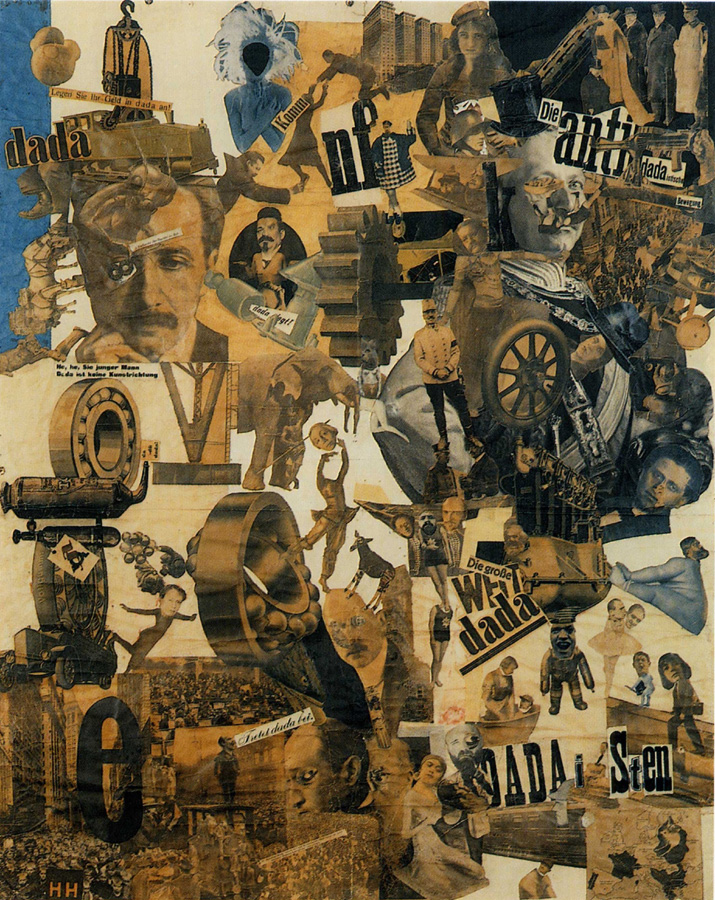Write a poem in which you undertake a journey to an unknown destination.
The poem does not necessarily have to have a formal “plot,” but does have to leave you at the end of the journey, in a wholly unexpected place: either in the midst of a strange landscape (mental and/or physical) or in the throes of a threatening or exciting discovery (self, other, or both).
Begin the poem with a predicament: the speaker of the poem ( the poet, a fictional narrator, or an actual person re-imagined) is lost, or hunting for something (someone), or is being propelled into a quest against her will, or is on a supposedly ordinary journey that turns weird.
Make the poem long enough (25+ lines) to make it hard for you to predict its outcome. Make each line a consistent length or meter. Some regularity of form helps give the sense that the poem is taking the poet on the journey; it works against a too-rational and too-orderly plotting by setting up a crafty, quasi-deliberate momentum.
This journey-poem is useful for its challenge to your customary anxiety for closure, an anxiety that may prohibit the imagination. As you write your way into a world created as you go along, you have the privilege of using “useless” material: images that exist for their own quirky beauty, flotsam and jetsam from actual journeys, revived memories, “superstitious trash” from old legends and stories, dream images and other nonrational arcana.
Enact the journey on several levels so that what you see resonates with what you cannot explain.









